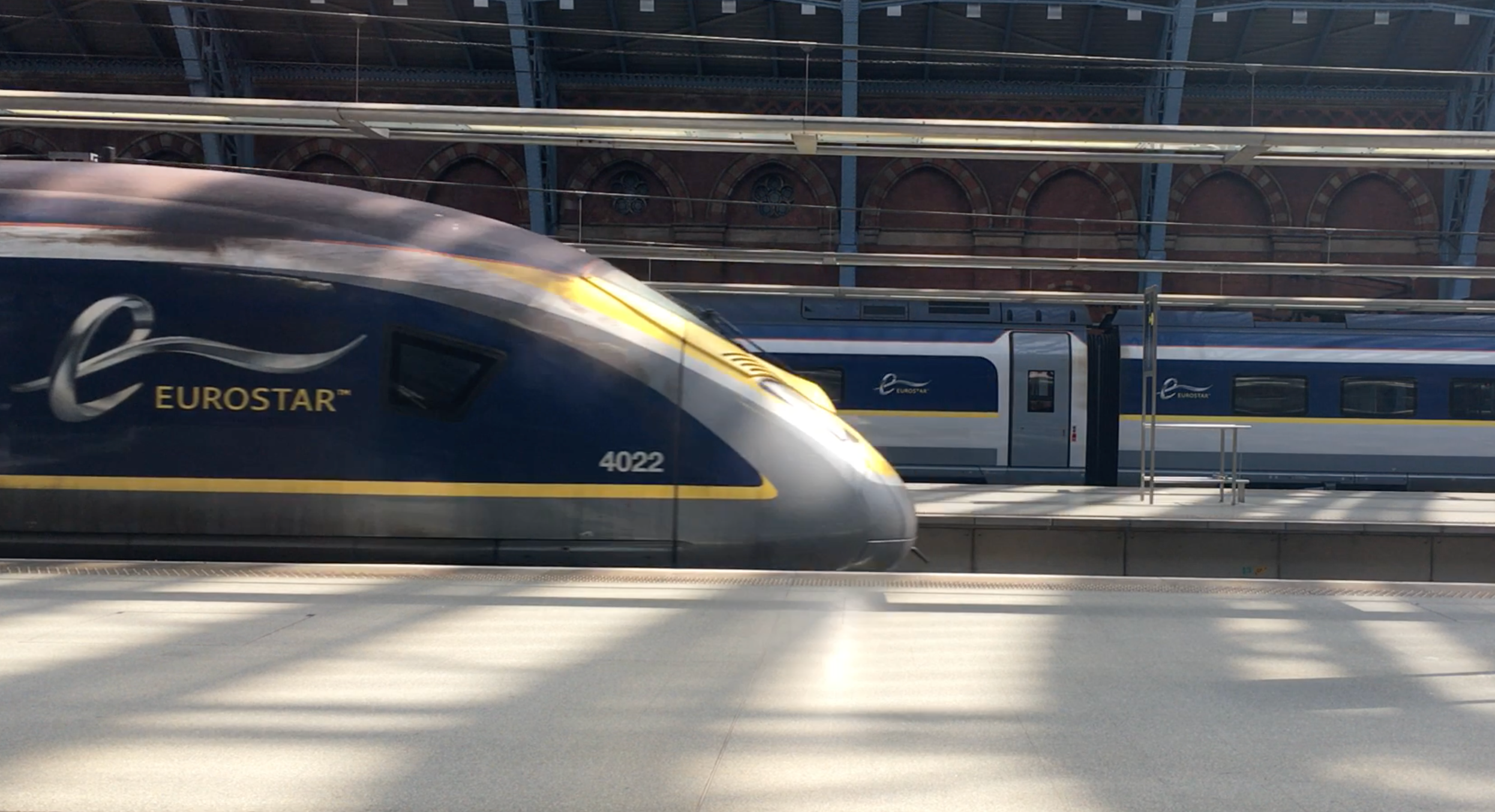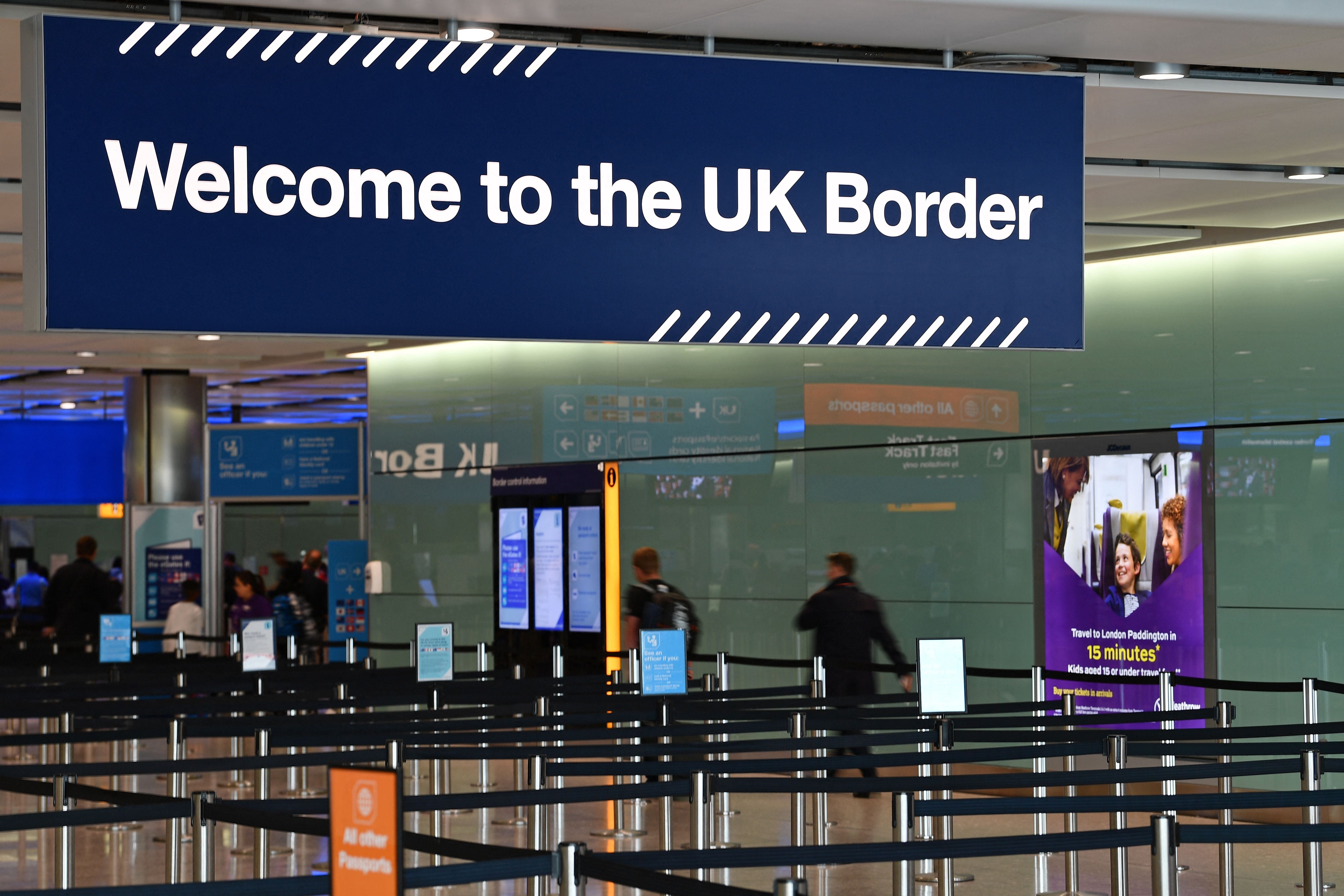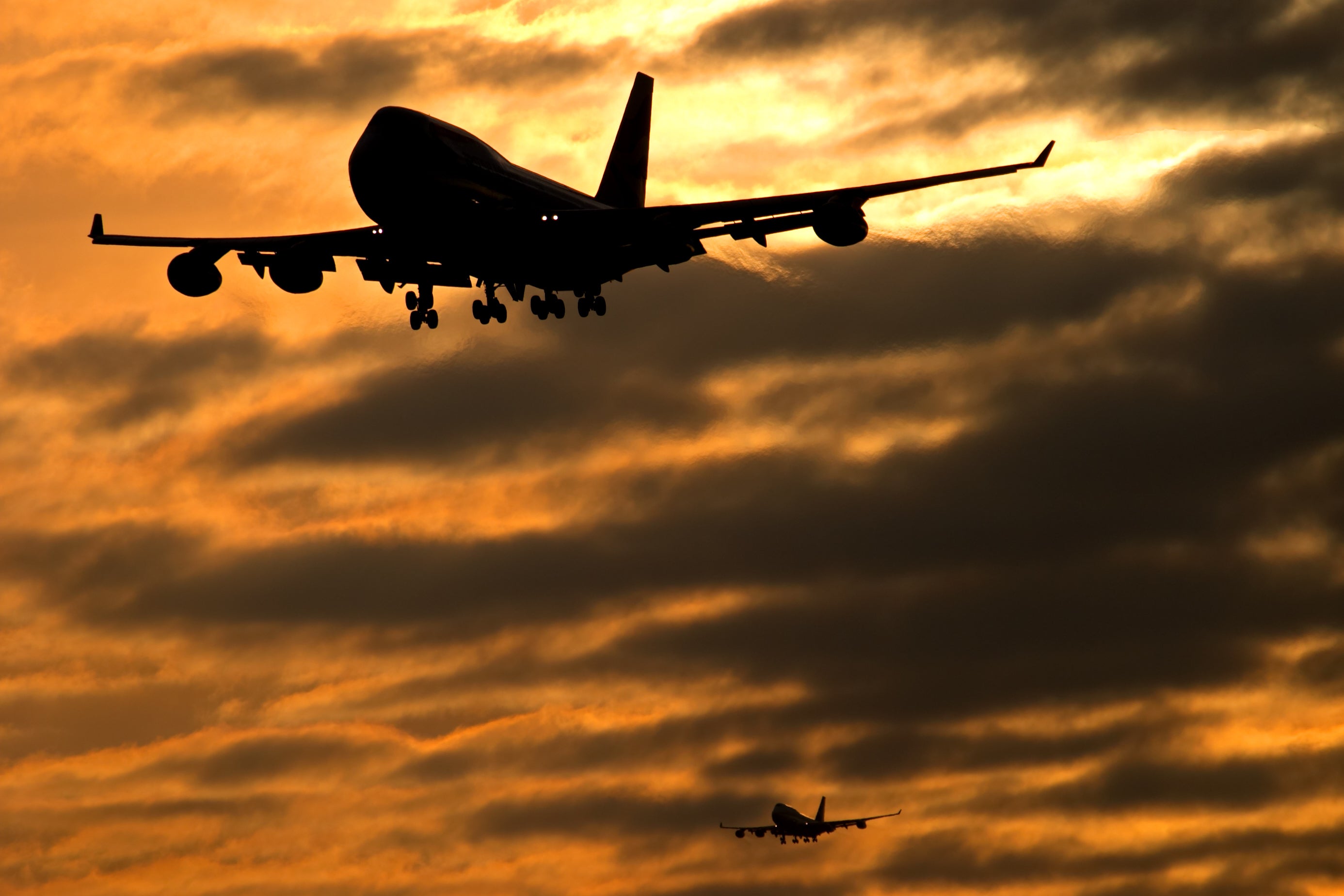Should we reschedule our imminent Eurostar trip?
Simon Calder answers your questions on travelling during rail strike periods, fuel waste by airlines and night flight rules


Q We are due to travel to Paris on 18 December and home from Disneyland on 23 December, by Eurostar. In addition to the Eurostar, strikes that are taking place on both those days, getting to London will be a pain because of the strikes on 16 and 17 December. Eurostar is saying it expects minimal disruption. I’m thinking it might be safer to reschedule everything as I can do that now without losing money. Do you have any idea how disrupted the Eurostar services are likely to be?
Sarah P
A I advise you to continue with your plans. Let us start with the UK-wide disruption that is happening from 13 to 17 December as a result of a walk-out by RMT members. Depending on where you are travelling from, there is a very good chance you will be able to reach the capital without too much stress: frequent fast services are scheduled from the Midlands, the north of England and Scotland to London, as well as on the Great Western Railway from Cardiff, Bristol, Exeter and Plymouth, as well as Southampton, Brighton and the cities of East Anglia.
On my Advent calendar of pre- and post-Christmas travel disruption, the Eurostar dispute hardly features. Members of the RMT union working at London St Pancras as security staff for Eurostar will walk out on four days in a dispute over pay: Friday 16, Sunday 18, Thursday 22 and Friday 23 December. The dates have been chosen to coincide with what are expected to be the busiest days before Christmas, especially for British passengers heading abroad on trains through the Channel Tunnel. The staff are not employed directly by the cross-Channel rail firm, but through the service provider Mitie.
My expectation is that the dispute will probably be settled in advance, and if it is not then non-union staff and managers will be brought in; there are not the hyper-stringent rules on searches that you would find at airports. There could be some delays but I do not expect cancellations – except for early and late services on 17 December due to the Network Rail strike in the UK. This will not affect you, so have a wonder-filled time. Your homeward journey should not be affected at all by the strike. Just wrap up warm: I made a pre-Christmas visit to Disneyland some years ago and nearly froze.

Q You wrote this week about a British Airways plane that turned around halfway to Mauritius. Why would it fly back to Gatwick rather than carry on to Mauritius or land at a nearby airport? Seems extremely wasteful.
Name Supplied
A British Airways flight BA2063 from London Gatwick took off as normal on Tuesday evening for the 12-hour, 6,050-mile flight to Mauritius. Anyone following the plane on one of the excellent flight-tracking services would have seen something odd happening at around midnight, British time. After flying normally over France, Switzerland, Italy and the Mediterranean, and crossing Egyptian airspace almost as far as the Nile, the aircraft turned around and flew back to Gatwick on almost exactly the same course. By the time it touched down at 4.45am, the passengers and crew had flown 5,000 miles to no useful purpose at all.
The airline later said it was “because of a technical issue”. So if it was possible to fly for nearly five hours back to the UK, why not continue onwards to Mauritius? Or, if there was a serious problem, how about landing in Cairo or another nearby airport? The answer in many such cases, maddening though it may be, is to return to base. British Airways could have got the aircraft to Mauritius – but it certainly doesn’t have an engineering base there, and the Boeing 777 could have been on the ground out of service until an engineer was flown out to fix it. Adding 300 passengers to an island with limited accommodation would have been tricky, too, because the people who were supposed to return on the flight would be hanging around too.
In an emergency, pilots will have plenty of alternate airports to land at, and had there been any threat to life I am sure that a diversion to Cairo (or possibly Sharm el-Sheikh or even Istanbul) would have happened. You might think that touching down at Cairo would be kinder for passengers because they could rest and relax before the onward journey of six or seven hours to Mauritius. But the expense and complexity of organising hotel rooms and arrival visas would make it a mammoth undertaking. Better to get everyone back to the starting point, find a fresh plane and crew, and have another go.

Q Will departures from Heathrow on 23 December be affected by the passport strike?
Bradlee M
A The Public and Commercial Services Union has announced industrial action by UK Border Force staff from 23 December until the end of the year, with the exception of 27 December. Walkouts will take place at six airports. These include the three busiest in Britain: Heathrow and Gatwick, serving London, plus Manchester.
Also affected will be Birmingham, Cardiff and Glasgow airports. The government, airports and airlines are working on contingency arrangements, which will see the army brought in to check passports. However, they will be no substitute for the highly professional and experienced UK Border Force staff. Initially on the first day, 23 December, only arriving passengers will be affected: checks could take significantly longer. As you know, passports are not checked when leaving the UK, and so in theory there is no impediment to your outbound journey.
But Heathrow is a busy airport with constrained space and little slack in the system at the best of times. It is possible that long queues could build up, leading to passengers being held on planes rather than disembarking. Those aircraft generally turn around to depart in as little as an hour. If the incoming passengers are still on board, the planes are not going anywhere.
Were this to happen, crowds would build up in the departures area and the airport would soon run out of gates for arriving flights – possibly triggering cancellations and diversions. A Heathrow spokesperson tells me: “Our priority is to ensure passengers get through the border safely and as quickly as possible.”
The Home Office advises that immigration and customs checks may take longer during peak times on strike days, and Heathrow will support Border Force to minimise these impacts with the aim of processing passengers through the border as efficiently as possible. I hope I am wrong but I fear mid-winter 2022 could cause problems for many airline passengers as well as rail travellers.

Q I was on a flight from Cape Town to London Heathrow that left slightly late even though everything was ready in good time. The pilot said the reason for the delay was that it couldn’t arrive too early at Heathrow. Which made me wonder: what exactly are the rules for night operations at Heathrow, and are many flights held like mine was?
Jane R
A Flight BA58 from Cape Town to London is the earliest British Airways arrival at Heathrow, due to reach the gate at Terminal 5 at 4.45am; it is closely followed by BA’s arrival from Lagos and Virgin Atlantic from Johannesburg. Commercially, early morning arrivals are popular with airlines – they offer the widest range of onward connections for passengers and enable maximum use of aircraft. Your plane could well have been in the first wave of transatlantic departures that morning. But they are very unpopular with local people.
To limit the noise nuisance suffered by residents of London and the home counties, there are restrictions on night flights in and out of Heathrow – and have been since 1962, when planes were less frequent but much noisier. The rules are a mix of government-stipulated rules and voluntary agreements. Take-offs generally end by 11pm each evening, except in extreme circumstances when disruption has delayed departures, and begin at 6am. Arrivals are not scheduled after 11pm nor before 4.40am. On early morning arrivals, Heathrow has a voluntary ban in place that prevents flights from landing before 4.30am – the restriction that applied to your trip. If the wind patterns mean the captain expects a quicker trip than scheduled, she or he will typically delay departure to avoid breaching that curfew.
From 6am onwards, the restrictions are eased and a surge of arrivals is scheduled. Planes often have to fly holding patterns to await a landing slot, even though briefly both runways are used for arrivals. Few departures are scheduled before 7am, but after that time the normal pattern begins: one runway for take-offs, the other for landings, switching in mid-afternoon.
As local residents know, during disruption the airlines can operate outside these times: the latest I have arrived is 1am on a British Airways flight from Dublin.
Email your question to s@hols.tv or tweet @simoncalder
Join our commenting forum
Join thought-provoking conversations, follow other Independent readers and see their replies
Comments
Bookmark popover
Removed from bookmarks